Kangana Ranaut, Rajkummar Rao's 'Mental Hai Kya' draws psychiatrists ire
Experts across India aren't the least amused with the title
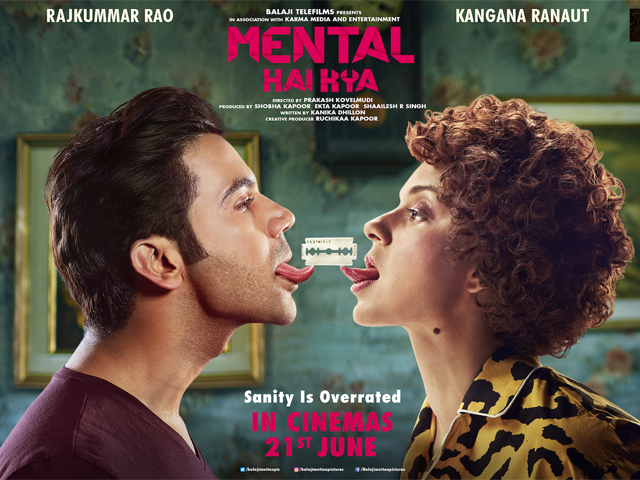
PHOTO: RAJKUMMAR RAO/TWITTER
Experts across India aren't the least bit amused with the film's name and the newly-released poster which depicts the cast trying to balance a sharp blade between their tongues.
In a recent development, the Indian Psychiatric Society (IPS) on Thursday wrote to the Central Board of Film Certification (CBFC), raising "serious objections" to the film's title, reported The Indian Express.
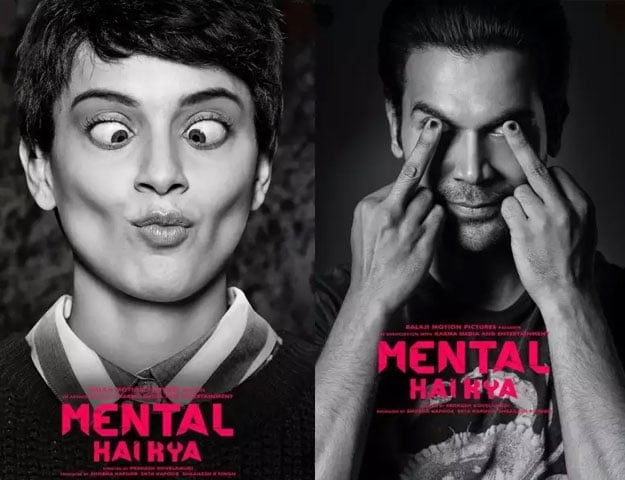 PHOTO: FILE
PHOTO: FILE"We take serious objections to the title of the movie, which is discriminative, stigmatising, degrading and inhuman in projecting mental disorders and persons who suffer mental disorders. We strongly demand the title to be removed with immediate effect preventing further damage to the modesty of mental health service users," read the letter.
The IPS demanded that the CBFC censor any sequence in the movie that is violating the rights of people with mental disorders.
The poster of the movie, produced by Shobha Kapoor, Ekta Kapoor and Shaailesh Singh was launched recently with the caption, "Get ready for craziness that cuts through!" Written by Kanika Dhillon, the film is directed by Prakash Kovelmudi,
A motion poster further reads, "This June, witness two mentals collide", before breaking into a montage of images with the words "crazy, bizarre, crack, freaky, whacky, gutsy, weirdo, psycho".
 PHOTO: TELEGRAPH
PHOTO: TELEGRAPHSamir Parikh, Director Department of Behavioural Sciences and Mental Health, Fortis Healthcare, expressed dismay about how on one hand Bollywood actor Deepika Padukone mustered the courage to talk about her tryst with depression and encouraged others to speak about it, while on the other here's a film like Mental Hai Kya?
"I have started a mental health curriculum, as part of which the idea is to tell children and teachers in schools, about the importance of the right conversation about mental health in public. It plays a huge part in developing a perception about those fighting a mental health issue," Parikh said.
He said it is vital that words like "psycho, schizo and mental" are not used in a dismissive way because people dealing with such issues become apprehensive about seeking help.
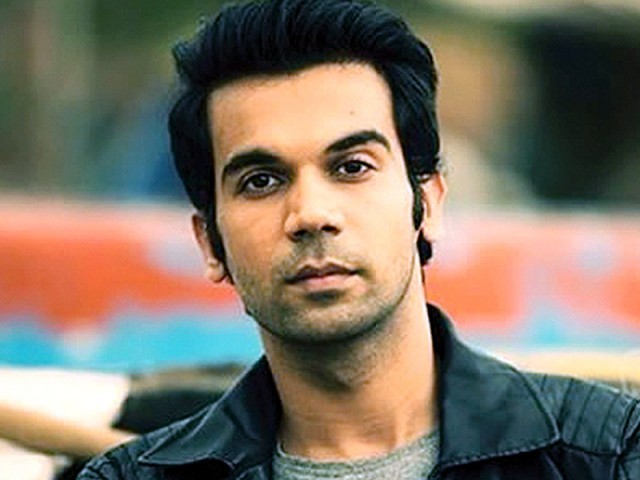 PHOTO: FILE
PHOTO: FILE"Besides, when a mainstream Bollywood film with such popular actors comes up with a title like Mental Hai Kya?, it is very unfortunate. We have to be very careful and sensitive about our messaging. Everyone should get a creative license, but not in the absence of social responsibility," Parikh added.
Mumbai-based Milan Balakrishnan, Consultant Psychiatrist, Bombay Hospital and Masina Hospital Mumbai shared, "Bollywood has a major influence on our psyche and society. The representation of mental illness in the past by Bollywood has led to a lot of misinformation and stigma about the illness and its treatment."
He continued, "The representation of ECTs (electroconvulsive therapy) in films as a mode of punishment is something we have never been able to undo. Bollywood needs to now be more responsible and avoid increasing the discrimination that is meted out to people with mental illness."
In the recent past, many B-town insiders have spoken about mental health awareness, not just by sharing their own struggles, but by acting on them with projects too.
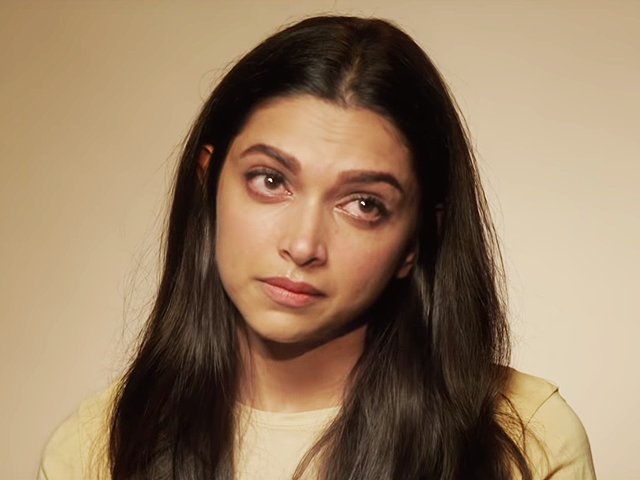 SCREENGRAB
SCREENGRABDeepika launched The Live Love Laugh Foundation (TLLLF) to develop outreach programmes and highlight the mental health challenges faced by some Indians.
On the big screen, the Shah Rukh Khan and Alia Bhatt-starrer Dear Zindagi (2016) offered a departure from Bollywood's stereotypical portrayal of mental illness, bringing the conversation into the mainstream.
Have something to add to the story? Share it in the comments below.

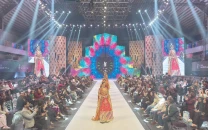
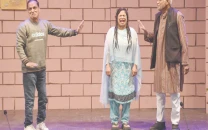
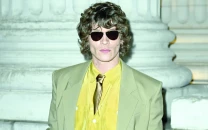


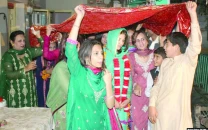












COMMENTS
Comments are moderated and generally will be posted if they are on-topic and not abusive.
For more information, please see our Comments FAQ